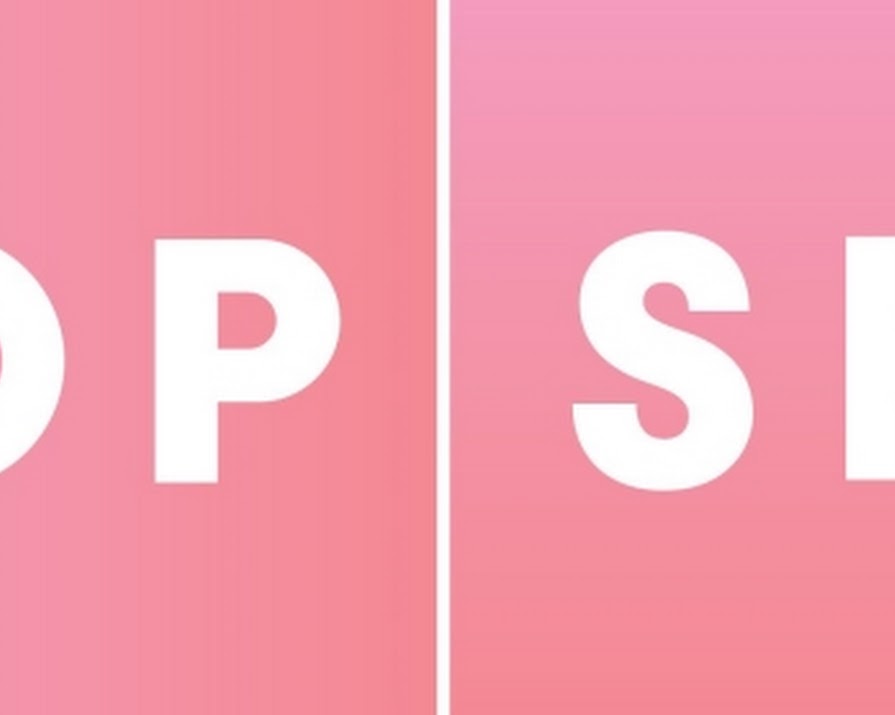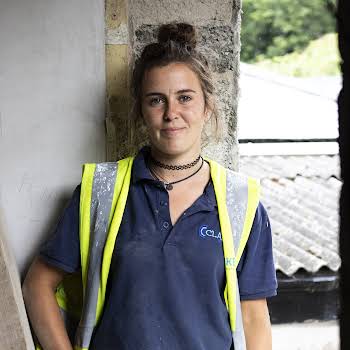
By IMAGE
20th Feb 2014
20th Feb 2014
We had a dream. We had a few dreams. We wanted to work together. We wanted to do something cool. We wanted to be successful. That was the extent of our dreaming. As noble as those goals sound, they won’t get you anywhere. And fast. You see, the problem with dreaming is that unless it’s underpinned be a serious vision, roadmap and realistic goal, it’s likely to fail.
We learned this over the first year of setting up a serious business. Our first business was Prowlster – an online shoppable lifestyle magazine. Prowlster may have never materialised without the structured learning curve provided to us through the Launchpad programme. Within the first week of the programme, one mentor listened to our lofty notions of creating a new social network; one that would pull fashion and lifestyle and music and art together and provide cool people with cool things to do. He savaged it in about 30 seconds. Criticisms ranged from a lack of a credible business model to scalability to resource to market need to geo-location obstacles. Most of the feedback went over our head, but what struck a chord was ?why?. Why were we in business? To create something of value to the consumer, to earn a nice little salary, to build, ?flip? and sell to Amazon, to make the top of Forbes list? Was this a lifestyle business or a global empire? These were serious philosophical questions and a million miles away from our ‘sure let’s give it a go? decision-making. Although a little shaken, we didn’t return to that debate as we got swept away in the tsunami of pitch-preparation, focus groups, book-keeping, social networking, sales drives, intern management and the million and one other pressures on a start-up. The result was that we worked intensely around the clock, but every time we met someone for advice or insights we were derailed. We would meet a sales person; resulting in a frenetic discussion around sales. We would meet an investor; resulting in a panic-stricken discussion around fundraising. We would meet a tech person and we completely re-modelled our platform. Every passing conversation with anyone in the start-up world would have us shifting and swapping priorities, goals, timelines and strategies. And therein lies the rub. If you lack a vision as a company – be it freelance, start-up or multinational – you leave yourself weak. Without vision, you don’t know what you and your team are working towards. People swoop in offering unsolicited opinion and because you don’t have a dream, you take every piece of opinion on board. Suddenly you’re running 10 different directions at once, you’re working 10 times as hard as you should be, you’re fire-fighting on every front and likely to burn out fairly rapidly.
When starting out in business, it’s absolutely crucial to have a vision. A clear, unambiguous, bullet-pointed vision with a beginning, a middle and an end. Leave it on post-it notes around the office. Have it printed onto a large poster. Put it in neon flashing lights outside your office. Take out a full page ad with it. We learnt through Prowlster the importance of having a vision for OPSH. That vision has remained water-tight and although messaging, features, road-maps and strategies have changed, the vision remains the same. That vision has gotten us through the toughest of business meetings, the well-meaning criticism, the crappiest of pitches, the late nights, the deadlines and the dark days of despair. What do we want? Online shopping domination. When do we want it? Now.
Jennie Mc Ginn is CEO and Co-Founder of Opsh – A New Way To Shop Online.
Sign up at?www.opsh.com?to become one of the exclusive early users.
Follow Opsh at @_opsh?























